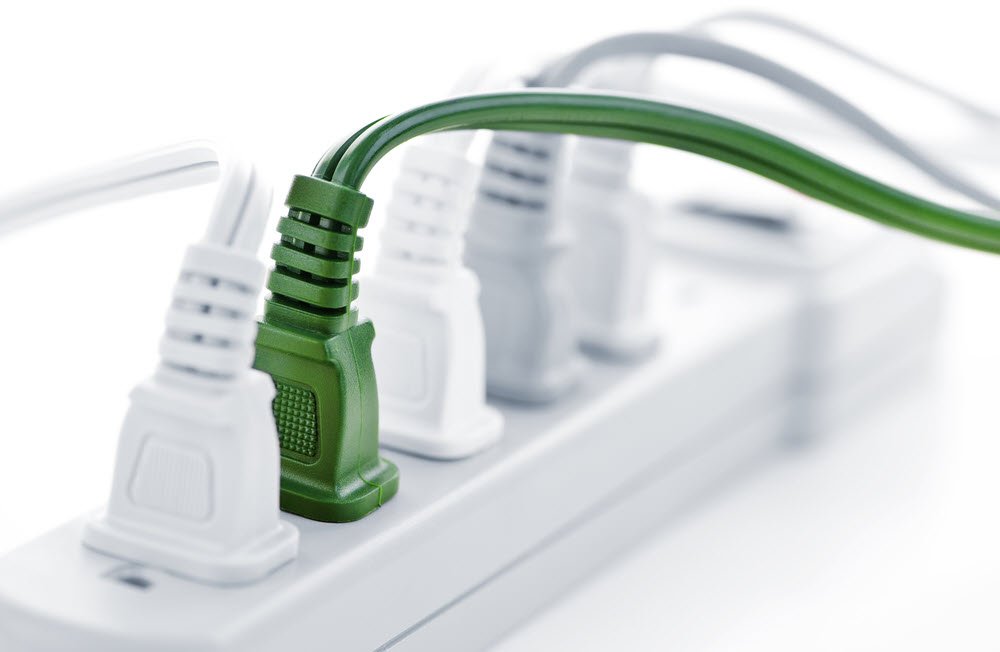This time last year, few of us were concerned about how much energy we were consuming. Even fewer of us probably bothered to check how much we spent on energy each year. But this year, that all changed after Russia invaded Ukraine – which sent energy bills skyrocketing.

Consumers across Europe will be affected in different ways, depending on the extent and type of support their governments offer or the fuel sources the country uses. In any case, however, there will be a concerted effort to find new ways to reduce energy bills, as household spending on other items also increases as inflation rises.
And with electronic devices consuming significant amounts of electricity, that seems like a good starting point says Phil Muncaster from the global digital security firm's team ESET and gives us some practical advice to reduce the energy bill while making our planet a bit greener.
Working from home raises the electric bill
The number of connected devices in our homes has skyrocketed in recent years. There was a time when we only counted laptops and desktops, mobiles phones and tablets among the devices connected to the home network. Now, to these we can add a huge range of smart home equipment, such as smart assistants, smart TVs and wireless doorbells. Calculated that the average European home today has around 17 of these devices, while in the US there are as many as 20.
It is not only their numbers that have increased. Their use has also increased, due to its application hybrid way of working. That is, where once our computers were turned off most of the week because we worked from the office, now because we work from home we can have our computer, laptop and mobile device connected several days a week. And if we multiply that by additional household members then the cost starts to add up.
With inflation starting to hit homes and electricity bills rising across Europe, consumers in some countries are being urged by their governments to save energy where possible, amid fears of power outages.
Tips for saving energy
Many households will take measures such as improving thermal insulation, while some may even invest in their own partreatment energy through photovoltaic or domestic wind turbines. But for most, the biggest gain will come from adjusting the use of home appliances.
Can we do anything to reduce the energy our electronic devices use and save money?
Of course we can. Let's see the 10 practical tips given by the expert from the digital security company ESET:
- If you're getting ready to buy new appliances, look for energy-efficient systems by checking if Have signal Energy Star or also good rating on EU energy labeling system. It is estimated that Energy Star computers consume 30-65% less energy than regular machines.
- Just a laptop or mobile device is fully charged, disconnect unplug them and use the battery.
- Use portable computers instead of desktop ones, as they consume less energy, according to the government of the United States.
- Avoid the screen saver function (screen saver) to the devices, as this may consume additional electricity.
- Turn on sleep mode low power settings on devices to ensure they are turned off when not in use. Whatever increase in power consumption is required for activation will be so small that will be overshadowed by the savings that you would achieve if these devices were running continuously. The sleep mode could also extend their lifespan.
- Even when devices are turned off, they may still be consuming electricity simply because they are plugged in. This consumption could add up about 5%-10% on monthly utility bills. Therefore, disconnect any device unused and you could save about £65 a year in the UK. That may not seem like much, but in a city the size of London, the annual savings are over £580m.
- See if you can use it advanced power strips which are designed to stop drawing current when not in use. The upside is that they also come with handy features like timers and activity trackers.
- Select the smallest device to stream video to, depending on the number of people watching. The game consoles should be avoided, as, According to reports, consume 10 times more energy than tablets or laptops. Energy Star rated content streaming equipment could consumes 25-30% less energy from standard equipment.
- Put your TV into power saving mode, which dims the backlight and could contribute to reducing energy consumption by a third.
- Use one smart meter to monitor in real time how much energy you use at home. This can help consumers better understand how different devices affect consumption. The good news is that meters use very little electricity and could end up saving you money in the long run.
In a time of geopolitical uncertainty and environmental crisis, saving money isn't the only benefit of reducing energy consumption at home. It will also contribute to national energy security and save the planet from additional carbon dioxide emissions. This is something we should all work towards.





